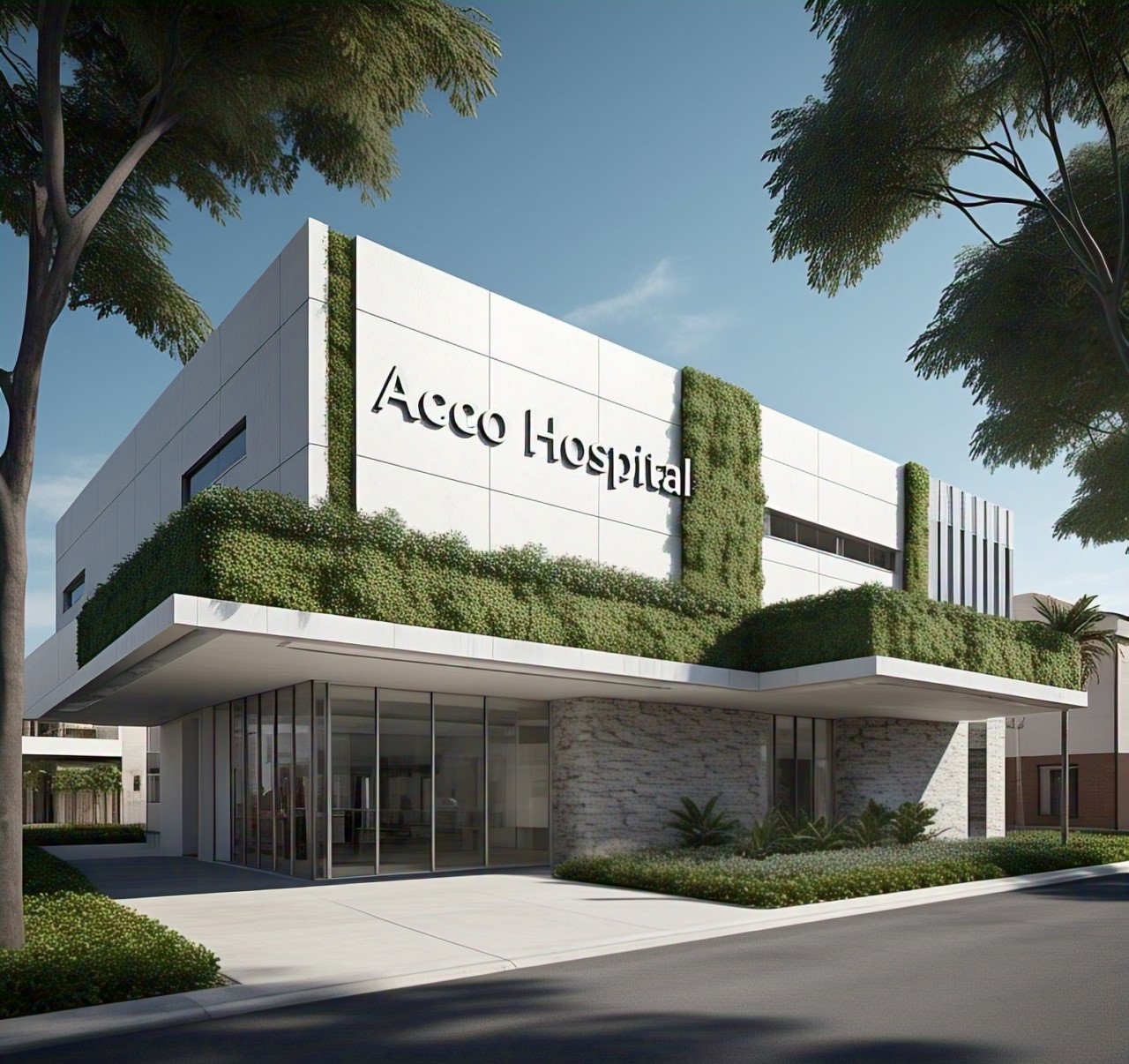
Hospital Design & Construction Consultancy Services: Building Future-Ready Healthcare Facilities
The healthcare industry is rapidly evolving, and hospitals must be designed and built to meet the growing demands of patients, staff, and cutting-edge medical technology. From efficient hospital layouts to sustainable healthcare infrastructure, expert hospital design and construction consultancy services play a vital role in ensuring modern hospitals operate seamlessly while meeting safety, compliance, and patient care standards.
In this guide, we’ll explore the key elements of hospital design and construction consultancy, its benefits, and leading firms in the industry.
What Are Hospital Design & Construction Consultancy Services?
Hospital design and construction consultancy services provide expert guidance throughout the entire lifecycle of a hospital project—from planning and feasibility studies to architecture, construction, and final implementation. These services ensure that hospitals are:
- Designed for optimal patient care and staff efficiency
- Built to comply with health and safety regulations
- Equipped with future-ready medical technology infrastructure
- Sustainable and energy-efficient to reduce operational costs
Whether it’s a new hospital construction, a renovation, or an expansion project, consultants help healthcare providers design and build facilities that improve patient outcomes and streamline hospital operations.
Key Components of Hospital Design & Construction Consultancy
1. Feasibility Studies & Master Planning
Before any hospital project begins, consultants conduct detailed feasibility studies to assess:
- Site selection: Evaluating location, accessibility, and land conditions
- Budget estimation: Planning costs, funding, and financial feasibility
- Regulatory requirements: Ensuring compliance with healthcare standards
- Service demand analysis: Assessing community needs and future growth
This step ensures the hospital’s design and construction align with operational, financial, and regulatory goals.
2. Architectural Planning & Space Optimization
An efficient hospital layout is essential for smooth workflows and optimal patient care. Consultants focus on:
- Zoning and circulation planning to separate public, semi-private, and restricted areas
- Optimizing patient flow to reduce bottlenecks in emergency and outpatient departments
- Modular and flexible designs that allow for future expansion and technology upgrades
- Sustainable building materials to create eco-friendly healthcare environments
Proper space planning reduces inefficiencies, improves patient safety, and enhances hospital functionality.
3. Healthcare Construction Management
Hospital construction requires precision, safety, and compliance. Consultants oversee:
- Project scheduling and cost control to ensure on-time and within-budget delivery
- Construction quality assurance to meet hospital-grade standards
- Integration of hospital technology (e.g., operating room equipment, imaging systems)
- Compliance with fire safety, seismic safety, and infection control protocols
By managing hospital construction efficiently, consultants ensure faster project completion and reduced operational risks.
4. Medical Equipment Planning & Integration
Hospitals require state-of-the-art medical technology that integrates seamlessly with infrastructure. Consultants assist with:
- Operating rooms, ICUs, and diagnostic imaging setup
- Smart hospital automation and AI-driven patient monitoring
- Telemedicine and digital healthcare infrastructure
- Medical gas pipelines, HVAC, and infection control systems
This ensures high-quality patient care and future-proof hospital operations.
5. Regulatory Compliance & Accreditation
Hospitals must comply with global healthcare standards. Consultants help hospitals achieve:
- Joint Commission International (JCI) accreditation
- National and regional health regulatory approvals
- Fire safety, seismic safety, and emergency response compliance
- ADA (Americans with Disabilities Act) and patient safety regulations
This ensures that hospitals operate legally, safely, and efficiently.
6. Green & Sustainable Hospital Design
With rising energy costs, eco-friendly hospital designs are now a priority. Consultants incorporate:
- Energy-efficient lighting and HVAC systems
- Water conservation and waste management strategies
- Renewable energy sources (e.g., solar, geothermal)
- LEED (Leadership in Energy and Environmental Design) certification
Sustainable hospital design reduces operational costs and improves environmental impact.
Benefits of Hiring a Hospital Design & Construction Consultancy
1. Expertise in Healthcare Facility Planning
Unlike traditional architects, hospital design consultants specialize in healthcare workflows, patient experience, and medical infrastructure.
2. Cost & Time Savings
Proper planning prevents costly design errors, delays, and compliance issues, ensuring the project stays on track.
3. Compliance & Risk Reduction
Consultants ensure hospitals meet healthcare regulations, safety standards, and accreditation requirements, reducing legal risks.
4. Future-Proofing & Scalability
Hospitals designed by experts are adaptable for future technology, medical advancements, and patient care improvements.
5. Improved Patient & Staff Experience
Smart hospital designs enhance patient recovery, staff efficiency, and overall healthcare delivery.
T
Conclusion: Investing in Smart Hospital Design & Construction
In the evolving world of healthcare, hospitals must be designed and built to enhance patient care, efficiency, and adaptability. Hospital design and construction consultancy services help create world-class healthcare facilities that are sustainable, technology-driven, and compliant with safety standards.
Whether you’re building a new hospital or renovating an existing one, partnering with expert consultants is a smart investment that ensures success in the healthcare sector.



